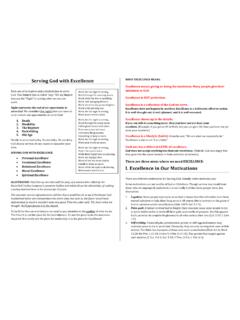Transcription of THE MEANING OF COMMITMENT IN PROFESSIONAL …
1 THE MEANING OF COMMITMENT IN PROFESSIONAL . SERVICE RELATIONSHIPS: ISSUES IN RELATING. THEORY TO PRACTICE. Penelope Frow, Cranfield University Introduction This paper considers the MEANING of COMMITMENT within the context of PROFESSIONAL service firm exchange relationships. Several authors identify COMMITMENT as an important component of successful market relationships because it gives rise to co-operative behaviours (Dwyer, Schurr and Oh 1987; Morgan and Hunt 1994; Garbarino and Johnson 1999). A. relationship that is characterised by co-operation between two parties is more likely to be long-term, participative and focused on achieving service quality than one that is not. In business to business relationships, such as those between a service provider and a client, COMMITMENT is evident by investment decisions that seek to establish and maintain long term, mutually beneficial relationships (Beaton and Beaton 1995).
2 However, despite extensive interest in COMMITMENT , mainly in the psychological and organisational behaviour literatures, there has been little empirical research into the MEANING of COMMITMENT in relationships, the processes that underlie COMMITMENT and how they affect the relationship outcome. Much of the psychological literature looks at specific instances of COMMITMENT , such as between spouses, whilst the organisational behaviour literature mainly addresses the relationship of an employee to the organisation. Studies that address other foci of COMMITMENT ' (entities to which one is committed ), such as the COMMITMENT of customers to the organisation or of the COMMITMENT of employees to the customer, have tended to apply models borrowed from the organisational behaviour literature ( Betterncourt 1997).
3 However, several researchers have identified that there may be shortfalls in the way that COMMITMENT has been conceptualised ( Randall 1990; Meyer and Allen 1997). This suggests the need to reassess the MEANING of COMMITMENT . PROFESSIONAL service organisations such as legal, consulting and accounting firms, represent an under-researched area in terms of exchange relationships (Beaton and Beaton 1995). This sector is chosen for considering the MEANING of COMMITMENT as professionals' relationships with their clients are often characterised by being long-term, participative and dedicated to providing high levels of service to the client. This paper is structured as follows: first, we discuss the theoretical literature that identifies the importance of COMMITMENT in successful relationships.
4 Second, we provide a detailed review of the conceptualisation of COMMITMENT within the organisational behaviour literature. This comprises of the various components of COMMITMENT , with both the nature of COMMITMENT ' (including the relative strength of three components: affective, continuance and normative COMMITMENT , Meyer and Allen 1991) and the focus of COMMITMENT ' (the entity to which someone is psychologically committed , Becker and Billings 1993). Third, some key methodological limitations of COMMITMENT studies are highlighted, suggesting the need for new approaches to the research of COMMITMENT . Fourth, we consider the MEANING of COMMITMENT within the context of the relationship between a PROFESSIONAL and their client. We outline a study that is investigating the MEANING of COMMITMENT used by lawyers and their clients in their PROFESSIONAL relationships.
5 Findings from the first stage of this study are reported and this suggests that the theoretical conceptualisation of COMMITMENT may not reflect the operational MEANING of COMMITMENT within a PROFESSIONAL relationship. Finally, we identify specific research directions that seek to clarify the role of COMMITMENT in successful supplier-client relationships. THE IMPORTANCE OF COMMITMENT IN SUCCESSFUL RELATIONSHIPS. The growth in popularity of relationship marketing has been explained as a response to the changed market environment, including heightened competition, changing structure of markets and the increased sophistication of customers (Shapiro 1991, Webster 1993). Traditional marketing theory developed in US consumer markets was based on the concept of market exchange (Kotler 1984) and use of the marketing mix (Borden 1965).
6 Increasingly this has been considered inappropriate, particularly in industrial, service and business to business markets. One key aspect of relationship marketing is recognition of the importance of long term relationships. Authors of services marketing literature ( Berry 1983) suggested that retaining customers is increasingly important due to the heightened competition between suppliers with essentially similar services . Within the Industrial Marketing and Purchasing (IMP) Group, researchers considered the importance of understanding the complexities of relationships within the business-to-business markets ( Hakansson and Wootz 1979, Ford 1980). They stressed that maintaining relationships may be an important task for the seller and this could not be achieved simply by manipulating the marketing mix.
7 This is a major change from previous marketing strategy in the industrial and consumer marketing literature, which focuses on the importance of the discrete purchase (Hakansson 1982). Sheth and Parvatiyar (1995) observed that, to develop a comprehensive theory of relationship marketing, understanding is needed of why consumers choose to engage in relational behaviour with a supplier. They suggested that various influences are important motivators, including personal, social and institutional influences. The COMMITMENT -trust' theory of relationship marketing (Morgan and Hunt 1994) , offers an explanation of one motive for relational behaviour. It identifies that COMMITMENT is central to relational exchanges between the firm and its various stakeholders. COMMITMENT and trust are regarded as essential because they lead directly to co-operative behaviours that are vital for long term, mutually beneficial relationships.
8 They encourage co-operation between partners, emphasise long term rather than short term benefits of staying with existing relationships and give confidence that partners will not act opportunistically. Morgan and Hunt identified conditions that nurture COMMITMENT and trust and suggest that organisations need to focus on these if they wish to develop a co-operative network of market relationships. This contrasts with traditional marketing theory that suggests market relationships are characterised by the power or coerciveness of one partner over the other. Morgan and Hunt suggested that coercive power gives compliance between partners because they are compelled to do so, whilst partners committed to the relationship acquiesce because they want to do so.
9 Garbarino and Johnson (1999) offer a further refinement to the COMMITMENT -trust' theory. They suggest that COMMITMENT and trust are important in predicting future behaviour of high relational (loyal and consistent) customers, but satisfaction is a more important indicator for low relational (occasional and transactional) customers. Thus COMMITMENT and trust are likely to be important in relationships that are characterised by mainly high relational customers. This is the case in PROFESSIONAL service relationships, where provision of the service often requires an in-depth knowledge of the client, which is acquired over repeated transactions. It is in this context that we explore the MEANING of COMMITMENT . THE NATURE OF COMMITMENT . There is a vast literature that considers the nature of COMMITMENT in the workplace.
10 In particular, the organisational behaviour literature has extensively explored COMMITMENT of employees ( Kanter 1968; Porter, Steers, Mowday and Boulian 1974; Meyer and Allen 1997). One important distinction that has been made, is between attitudinal and behavioural COMMITMENT . Mowday, Porter and Steers (1982) describe these as attitudinal COMMITMENT focuses on the processes by which people come to think about their relationship with the organisation ..Behavioural COMMITMENT , on the other hand, relates to the process by which individuals' become locked into a certain organisation and how they deal with the problem . (p26). Meyer and Allen (1991) offer a further distinction, identifying three components of COMMITMENT : continuance', normative' and affective' COMMITMENT .
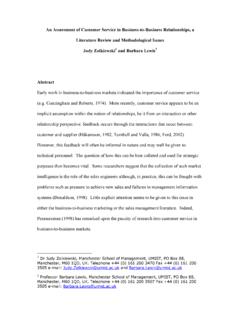
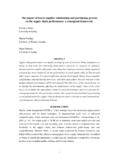
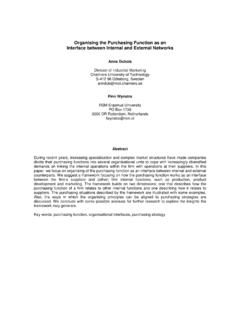
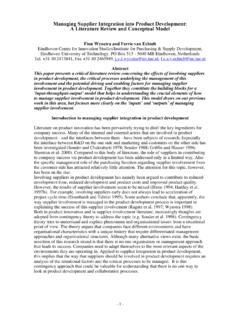

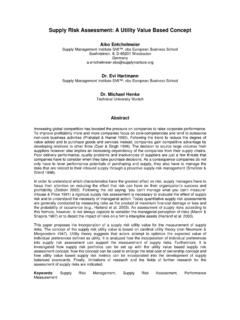
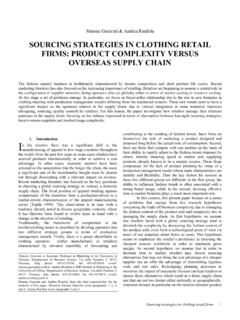
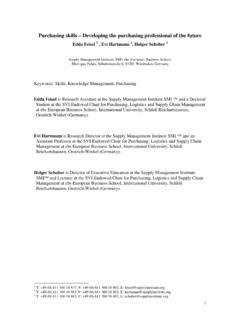
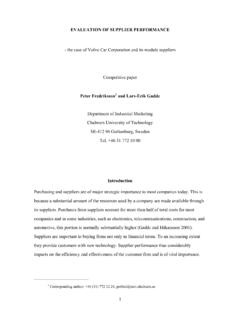
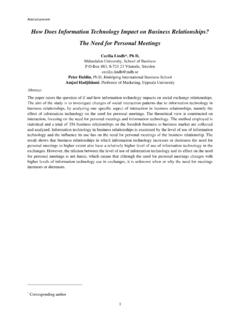
![Evangelism - Committed to Serve [Sermon Notes]](/cache/preview/8/d/8/b/7/f/b/4/thumb-8d8b7fb4726ff919904d7eba819431d6.jpg)



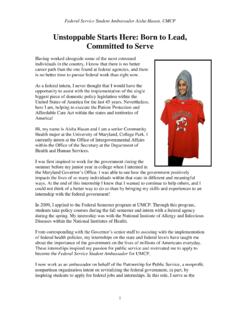
![Service - Committed to Serve [Sermon Notes]](/cache/preview/8/3/5/0/2/7/f/d/thumb-835027fdd3c246c70012da98ace7056c.jpg)



